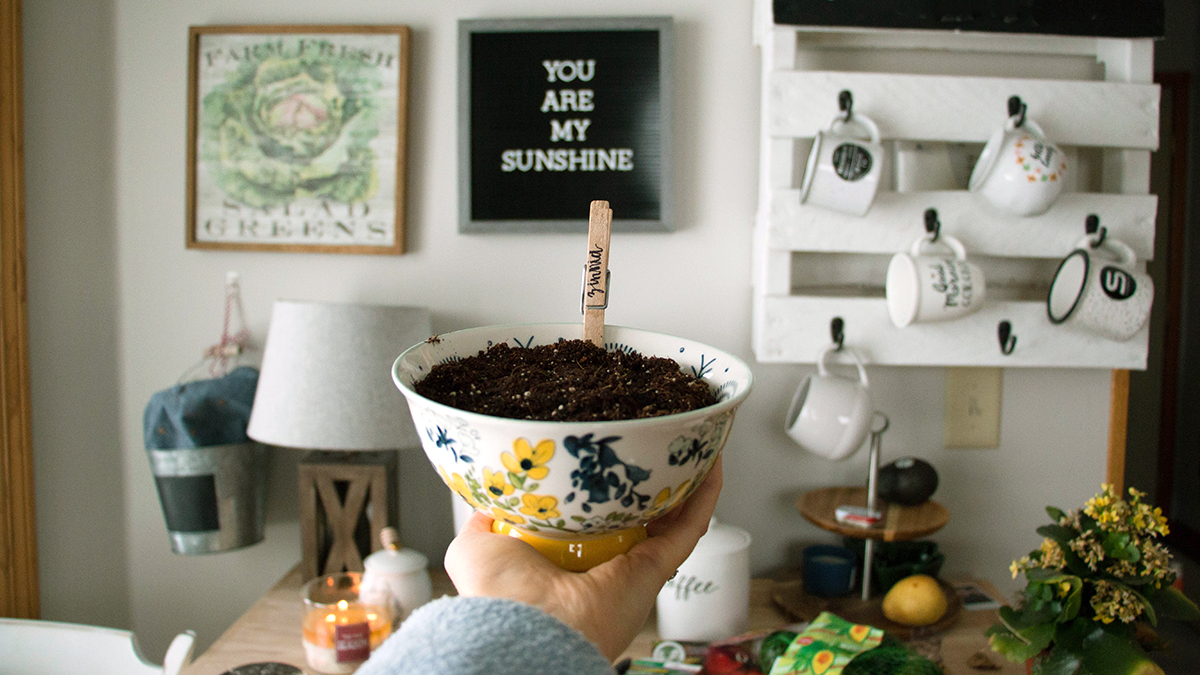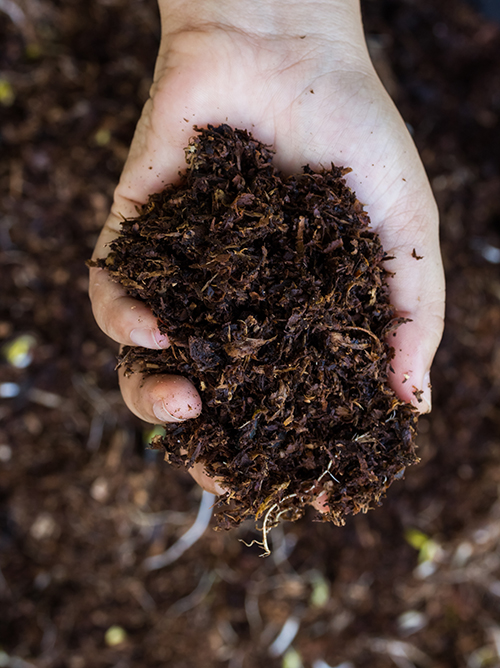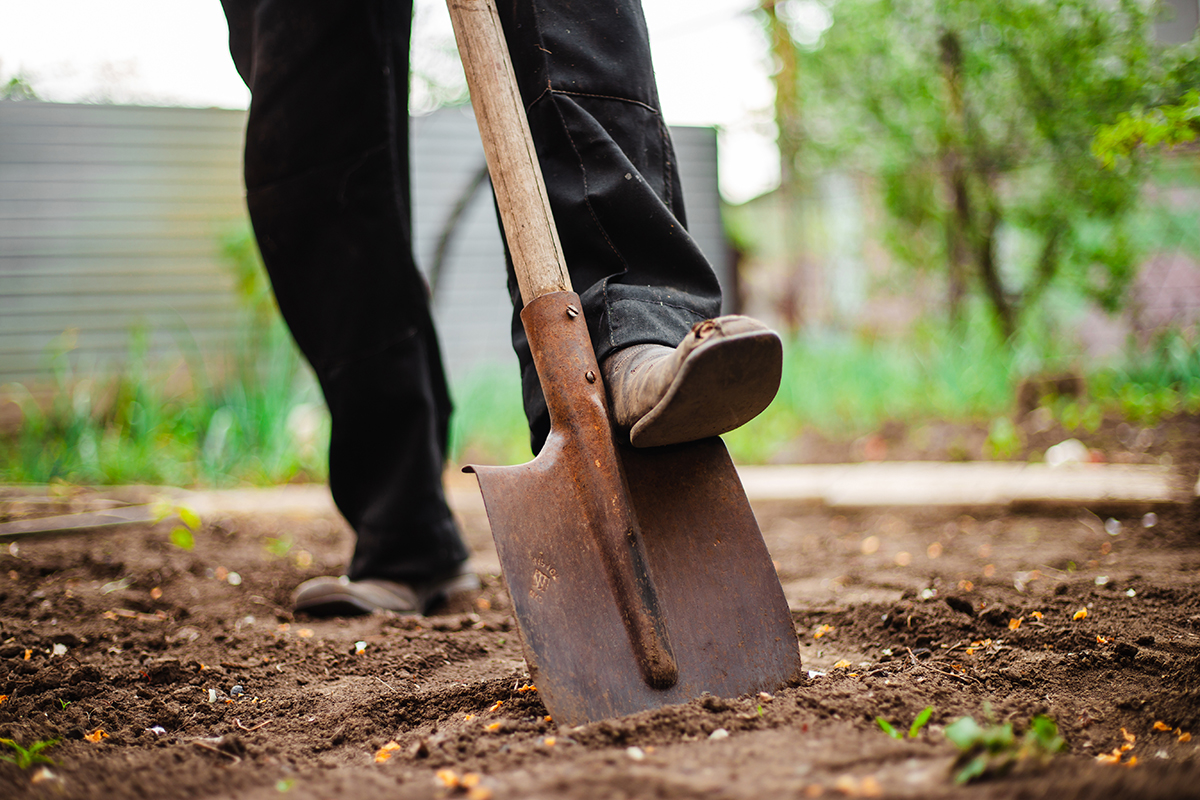Recent Posts
- Home
- Elevate Blog
- How to Use Compost
How to Use Compost
Posted on

Composting creates a sustainable, closed-loop system. It keeps organic material out of landfills and uses them to produce nutrient-dense compost. The resulting compost can be used to enhance existing soil and restore soil damaged by climate change.
Whether you're composting at home or use a collection service, let’s find out what to do with that compost you've created!
Why Use Compost?
Adding compost to your garden helps improve the structure and overall health of your soil
- Re-enrich the Soil: When added to soil, compost restores nutrients needed by plants and introduces beneficial organisms.
- Improve Soil Structure: The organic matter in compost balances soil density. In soil that is too dense it helps to loosen, and in soil that is too loose it helps soil particles clump together.
- Retain Moisture: Compost helps soil to absorb and retain water more efficiently, which in turn enables plants to get the water they need to grow.
- Reduce Landfill Waste: Use of compost encourages the production of more compost! Composting recycles organic material into the soil to help nourish your garden.

Find Out More: US Composting Council Guide to Compost Benefits
When Should I Use Compost?
When to Add Compost to Your Garden
The best time to mix compost into your soil is in the spring or fall.
In the spring, you can mix compost into the soil before planting to give your plants a nutrient-rich foundation for healthy growth. In the fall, you can mix some compost into the soil and let it settle in during the winter months to create healthier soil for the next year.
When is Compost Finished?
The time it takes for your compost to be ready to use will depend on multiple factors such as the size of the pile, materials used, and how often it is turned. Even location and local weather can have an effect on how quickly your compost will finish. Decomposition will be complete anywhere from a few weeks, to two years!
Your compost is ready when it looks dark and crumbly. The organic materials that you added to the pile will no longer be visible and the volume of the pile will have reduced significantly. It will no longer be producing heat, and will have an earthy smell.

What is Unfinished Compost?
Finished compost nourishes plants. Unfinished compost is still actively decomposing. It will still be producing heat, some materials may still be recognizable, and the texture will not be crumbly. When compost is not finished it is called immature compost.
Immature compost can cause harm to your garden, it has a low pH (acidic) and may contain pathogens that are bad for plant health.
Unfinished compost is still in the process of decomposing. It contains microbes that break down carbon-rich materials, but these microbes use up nitrogen in the process. When you mix unfinished compost into your soil, the microbes continue to use up nitrogen and will start to absorb it directly from the soil. That means less nitrogen is available for your plants to use.
What to do With Compost if You Don't Have a Garden
You can still use compost, even if you don’t have flower beds or a veggie garden!
- Compost can be used to fertilize lawns and trees.
- Mix mature compost with potting soil to give indoor plants a little boost
- Offer finished compost to neighbors and friends
- Donate compost to a school or community garden
Composting is the best way to reduce the amount of waste sent to landfill and enable soil to support flourishing plants, trees, and crops!
 Loading... Please wait...
Loading... Please wait...



